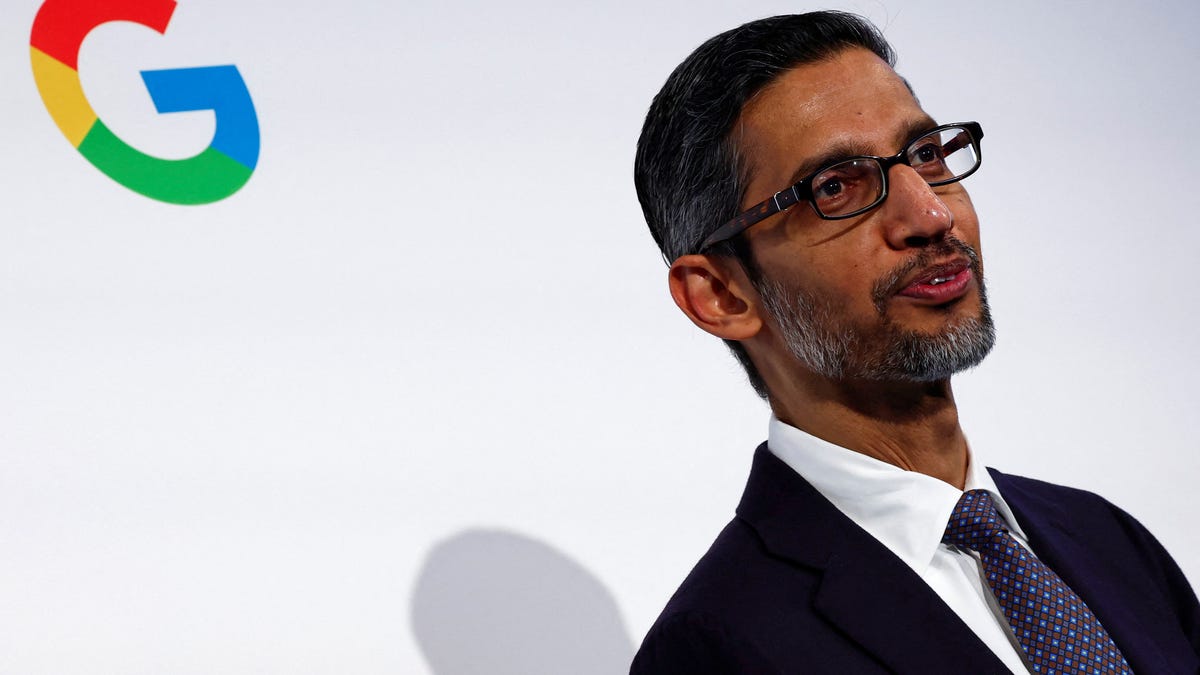Alphabet’s Market Capitalization and AI Innovation
Alphabet, the parent company of Google, is on track to achieve a remarkable milestone in the financial realm— a market capitalization of $2 trillion dollars. This extraordinary feat can largely be attributed to the groundbreaking strides made in the realm of generative artificial intelligence by the tech behemoth.
The market responded with enthusiasm to Alphabet’s innovative ventures, with the company’s stock emerging as the star performer on Thursday. Both Alphabet Class A shares and Alphabet Class C shares soared to new 52-week highs, boasting gains of 1.8% and 1.7% respectively.
Alphabet’s stock has experienced an impressive surge, climbing over 15% since the beginning of the year and an astounding 51% over the past 12 months. As of Thursday afternoon, the company’s market capitalization stood at a staggering $1.99 trillion, inching closer to the monumental $2 trillion mark.
Google’s Latest Advancements in AI and Cloud Technology
Recently, Google unveiled its cutting-edge cloud and artificial intelligence innovations, showcasing its commitment to pushing the boundaries of technological advancement. Among the noteworthy introductions was a revolutionary AI chip designed to rival semiconductor giant Nvidia, along with an Arm-based CPU poised to challenge industry heavyweights Microsoft and Amazon.
The spotlight was on Google’s latest AI chip, the Cloud TPU v5p, a powerhouse that was first unveiled in December alongside its AI chatbot Gemini. This next-generation tensor processing unit (TPU) is capable of training large language models (LLMs) nearly three times faster than its predecessor, the TPU v4—an impressive feat that underscores Google’s dedication to driving AI capabilities to new heights.
During the company’s annual Google Cloud Next conference in Las Vegas, Google CEO Sundar Pichai emphasized the transformative impact of these advancements, particularly in enhancing the training and deployment of cutting-edge language models. Notably, LLMs serve as the backbone of AI chatbots like ChatGPT, exemplifying the pivotal role played by Google’s TPUs in powering conversational AI experiences.
This unveiling represents the latest development in the ongoing AI arms race among tech titans, with Google parent Alphabet positioning itself as a key player in shaping the future of AI technology. While Nvidia currently dominates the market with its graphics processing units (GPUs), Google and other industry leaders are actively expanding their AI hardware capabilities to reduce dependence on external suppliers like Nvidia.
Image/Photo credit: source url





